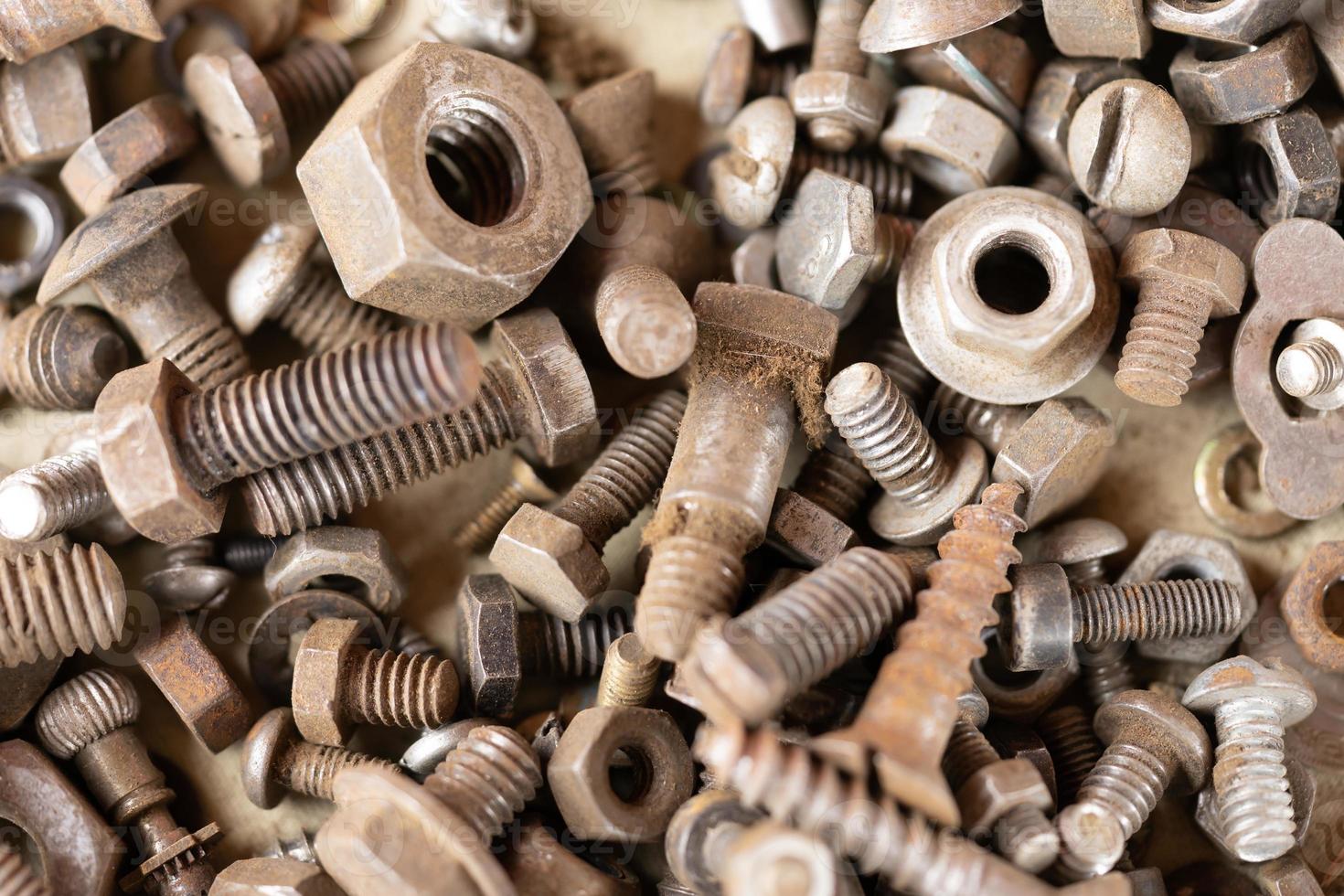In the realm of construction and engineering, the value of nuts and bolts cannot be overlooked. These modest fixtures serve as the backbone of countless edifices and devices, binding components together with remarkable strength and dependability. From old civilizations to modern-day innovations, the application of fasteners and bolts has advanced significantly, adapting to the needs of different uses and sectors. Grasping these vital instruments is key for anyone involved in do-it-yourself tasks, car fixes, or heavy-duty construction.
This piece will lead you on a trip through the rich history of nuts and screws, examining the different types offered and their applications in different settings. If you're a veteran expert or a beginner looking to take on your first home improvement task, knowing how to select the appropriate fixtures is imperative. We will delve into topics such as the distinctions between hardware bolts and structural bolts, the various thread forms, and the substances that make these fasteners trustworthy in diverse environments. Join us as we demystify the intricacies of fasteners and bolts, and discover how they have shaped our society throughout time.

Categories and Applications of Fasteners and Bolts
Fasteners and bolts are essential fasteners used in a wide array of uses, each designed to serve specific functions. The most popular types of bolts include hex screws, carriage bolts, and lag screws. Hex screws are versatile and typically used in mechanical constructions, while carriage screws offer a smooth, rounded head that is ideal for woodworking. Lag screws are particularly useful for heavy-duty constructions, providing a secure connection for joining timber and structures. Understanding the function and application of these bolts is crucial for efficient assembly in various tasks.
When it comes to fasteners, they come in different shapes and dimensions, each with its own unique function. Common hex fasteners are the most prevalent, used in conjunction with hex bolts. Lock fasteners, such as nylon lock nuts, prevent loosening due to vibrations, making them ideal for automotive and machine applications. Flange fasteners, which feature a broader base, distribute the load over a larger area, making them suitable for softer materials. The choice of fastener directly impacts the strength and stability of the assembled connections.
The selection of nuts and bolts also depends on the substances being fastened. For instance, choosing the right fastener for wood versus metal is essential for assuring durability and effectiveness. https://pichestan.com/ and screws are often recommended for outdoor use due to their corrosion resistance, while zinc-coated screws offer a cost-effective option for mild exposure environments. Understanding the various types and applications empowers users to make informed decisions that enhance the integrity and durability of their works. spintax #### Grasping Fasteners Materials plus Coatings
One selection of composition for hardware components holds the important role for these use and total effectiveness. Typical materials consist of steel , bronze , as well as nickel. Alloy steel stands as a commonly used due to its strength as well as affordability , frequently offered within multiple types to accommodate different engineering specifications. Copper offers excellent oxidation protection while tends to be applied in electrical applications , whereas nickel is recognized for the light properties plus elevated robustness , which makes it suitable within space along with top-performance contexts.
Surface treatments additionally impact the effectiveness in fasteners . Chromate treatment offers a coating of protection versus oxidation , therefore rendering it suitable in interior and outdoor setting. Galvanization involves a more robust zinc finish, offering improved safeguard , notably in severe settings. Other finishes such as colored oxide may be implemented for aesthetic objectives while to reduce slip , while powder coating as well as epoxy treatments supply the dual benefit of visual appeal and extra rust protection.
Understanding the features regarding these materials plus coatings can help one choose the suitable fastener for one's project . Whether one needs toughness, rust resistance , or specific mechanical properties , understanding the distinctions that that your nuts and bolts shall function properly under the designated uses , lengthening the lifespan for your assembly and lessening maintenance requirements .
Purchaser Manuals for Premium Components
When selecting fasteners for your task, it’s essential to evaluate the specific requirements of your application. Quality fasteners can greatly influence the durability and strength of your assembly, so seek out reputable brands that meet industry standards. Verify for credentials that indicate compliance with quality guidelines, making sure you’re purchasing products that are dependable and functional. Avoid selecting fasteners only based on price; alternatively, evaluate the cost against the possible long-term gains of using premium components.
A vital aspect of selecting the right fastener is understanding the composition and finish used. Fasteners are available in various substances such as steel, copper, and aluminum, each delivering different levels of strength and corrosion resistance. Additionally, coatings like electroplating or galvanization can improve durability. Depending on your project’s environmental conditions, whether it's indoor, outside, or exposure to chemicals, choosing the appropriate materials and coatings will greatly add to the longevity of the fasteners.
Lastly, ensure you know how to gauge nuts and bolts properly to avoid any compatibility issues during assembly. Look for comprehensive guides that teach you about thread specifications, sizes, and standards to confirm a proper fit. Taking the time to grasp the requirements needed, including factors like bolt strength and thread pitch, can spare you from costly mistakes and corrections down the line. Remember that the right fasteners are vital for the success of your endeavor, whether it’s a do-it-yourself home improvement task or a professional construction job.
